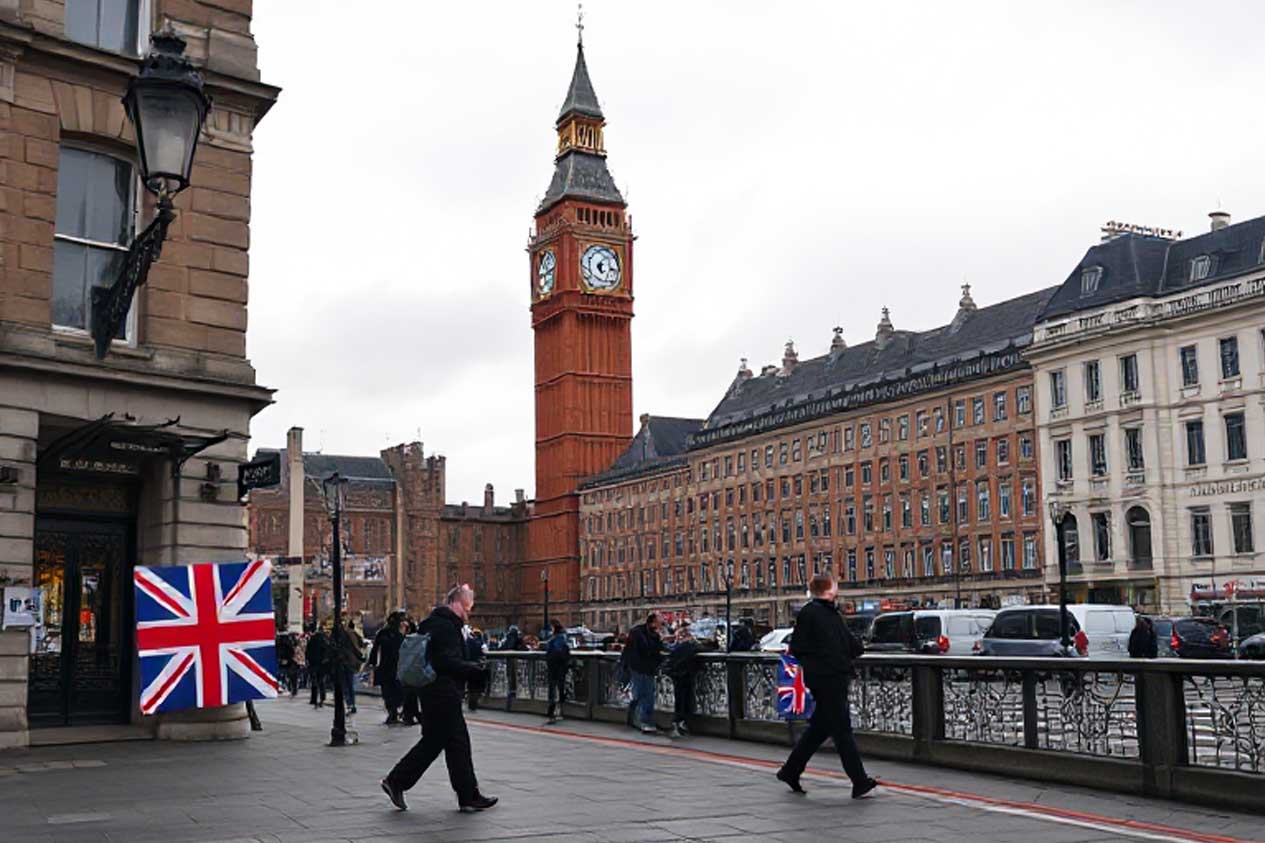The UK government will examine high-skilled worker visas.Later this year, the UK government will release an immigration white paper that will examine the present regulations pertaining to hiring highly qualified foreign workers.
At a brunch session held today (January 22) at the World Economic Forum in Davos, Chancellor Rachel Reeves made the announcement.
“We are going to re-examine pathways for the most skilled individuals, [examining] visas, especially in the fields of artificial intelligence and life sciences,” she stated.
“Britain is open to talent and business; we have some of the world’s top universities and entrepreneurs, but we also want to attract talent from around the world.”
The Labour government promised to adopt a “serious” approach to immigration shortly after it took office, and it assigned the Migration Advisory Committee the responsibility of generating a number of reports from industries that heavily depend on foreign talent.
The statement encouraged companies to concentrate on training domestic workers whenever feasible and linked migration policy to skills and broader labour market developments.
Employers are permitted to hire foreign workers under the present visa system as long as they satisfy the wage criteria of £38,700 or £30,960 if the position is on the immigration salary list and they are eligible for a skilled worker visa.
Along with other policy changes, the Conservative government prohibited care workers and students from bringing dependents into the UK on their visas. As a result, net migration decreased by 20% in the year ending June 2024.
Karendeep Kaur, legal director at immigration law firm Migrate UK, stated: “Given the stringent employer regulations and rising demands on visa costs, many businesses will still be hesitant to hire overseas talent in the UK, even though this may be good news for those sectors that need these specialised skills.
“Businesses will need assurance that the potential to acquire specialised talent will outweigh the demands placed on them as sponsor licence holders if this is to be successful.”
In order to attract top people, ministers will now confer with companies over possible regime changes. Additionally, British ambassadors will have to emphasise to highly trained workers and entrepreneurs the advantages of relocating to the UK.
Digital eVisas are taking the place of paper documents as UK Visas and Immigration (UKVI) undergoes a transition to a totally digital immigration system.
In contrast, MAC’s most recent annual report warns against a “one-size-fits-all” approach to recruiting and skills, highlighting the necessity for a balanced strategy to immigration reduction.
“Since December 31, 2024, UKVI has declared that companies that are found to be ‘clawing back’ certain sponsorship-related expenses, like the sponsor license application fee, will have their licenses immediately revoked,” Kaur continued.
“Moreover, companies are expected to have strict policies in place to keep an eye on their foreign workers, and since UKVI has the power to audit at any time, the increased pressure for compliance may discourage companies from applying for a sponsor licence.”
Kaur also noted that many firms were being discouraged by the expensive visa expenses, which must be paid in addition to immigration health fees.
“Even though it may be tempting to live and work in the UK, there is still pressure on the government to lower overall immigration to the UK, which puts them in a vulnerable position regarding how forgiving these routes can be,” she stated.


